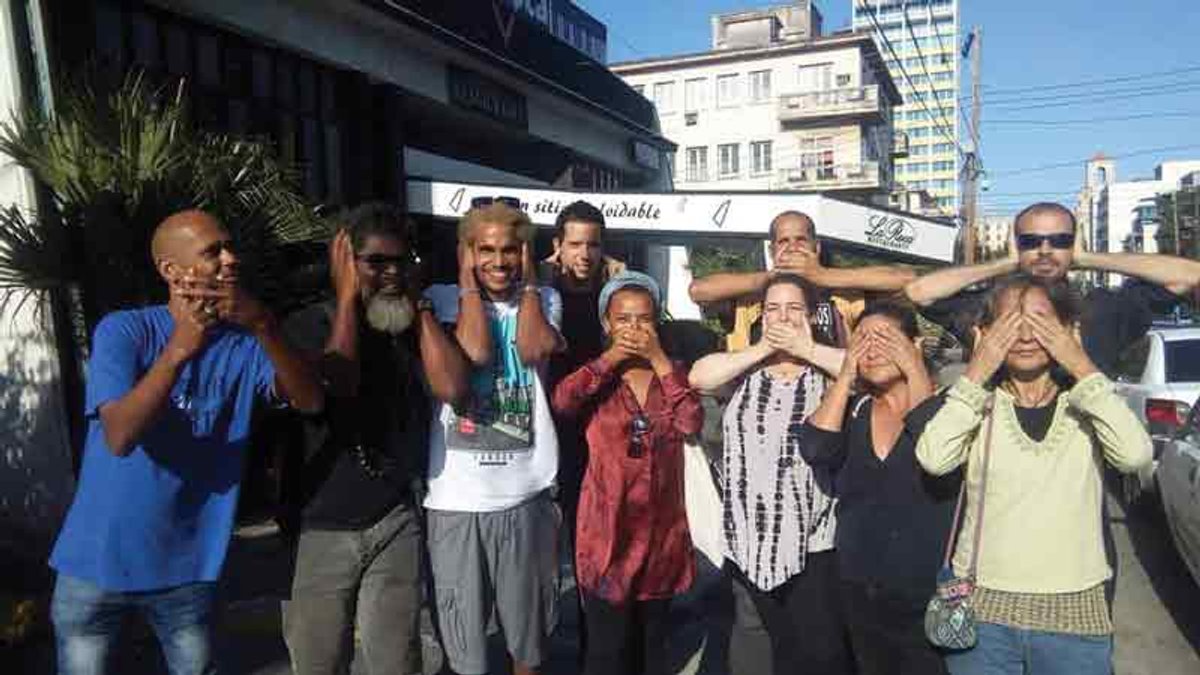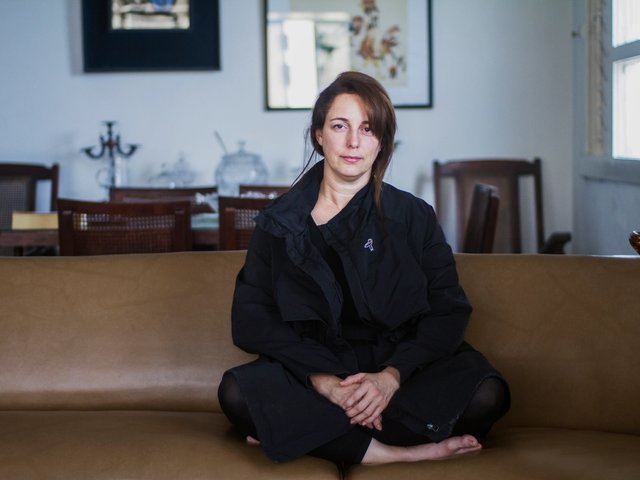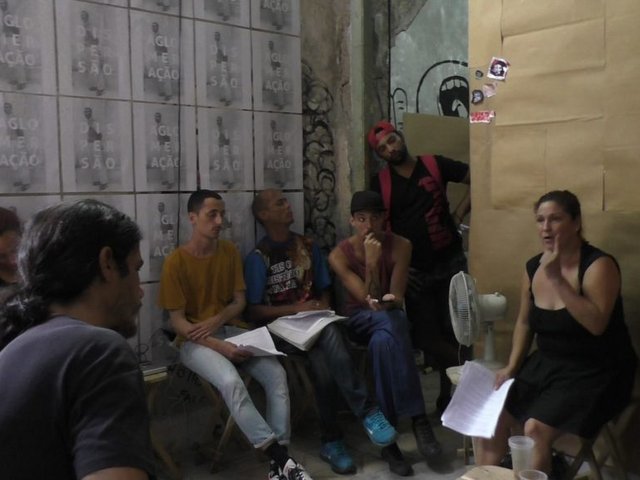Tania Bruguera and the other activist-artists who were arrested in Cuba this week were celebrating their freedom yesterday evening (6 December), along with the news that Decree 349, a new law that many people feared would allow the government to censor artists severely, will not be enforced as planned on 7 December. The artists were detained after protesting against the controversial censorship law, which would have prohibited artists from operating in public or private spaces without the approval of the Ministry of Culture.
The country’s vice-minister of culture, Fernando Rojas, told the Associated Press (AP) that the “supervising inspectors” created through the new law to review cultural events will only be able to act once certain regulations are put in place, and that they will only be able to shut down shows “in extreme cases, such as public obscenity, racist or sexist content”. He told AP: “There wasn’t an advance explanation of the law and that’s one of the reasons for the controversy that it unleashed,” adding that “artistic creation is not the target”.
However, Rojas also described the protests of artists such as Bruguera, Michel Matos and Luis Manuel Otero Alcántara as part of a foreign-backed “aggressive project against institutional order in Cuba”. Bruguera posted on Facebook: “It has been demonstrated that when artists are united, they cannot be defeated. The fight continues.”




